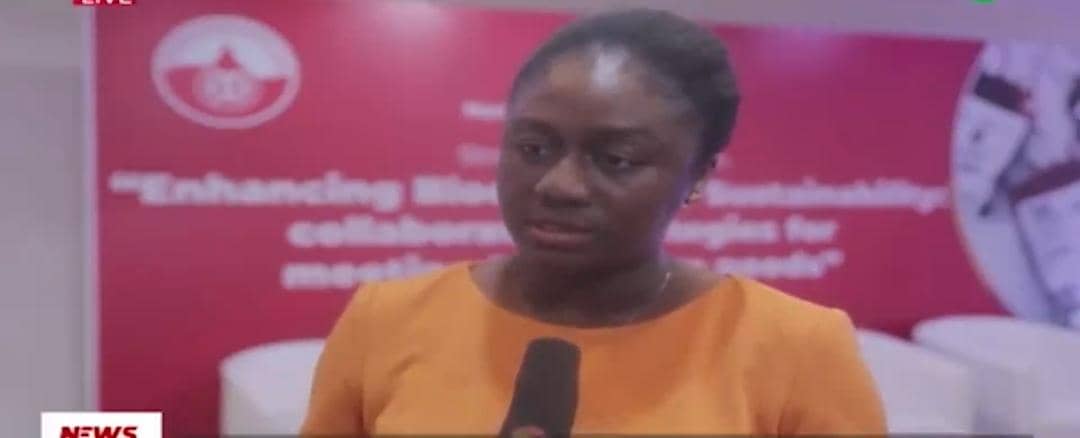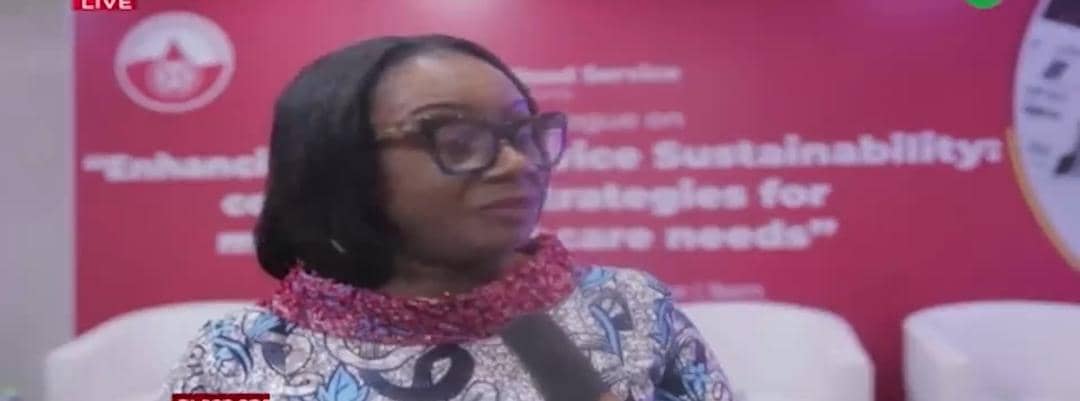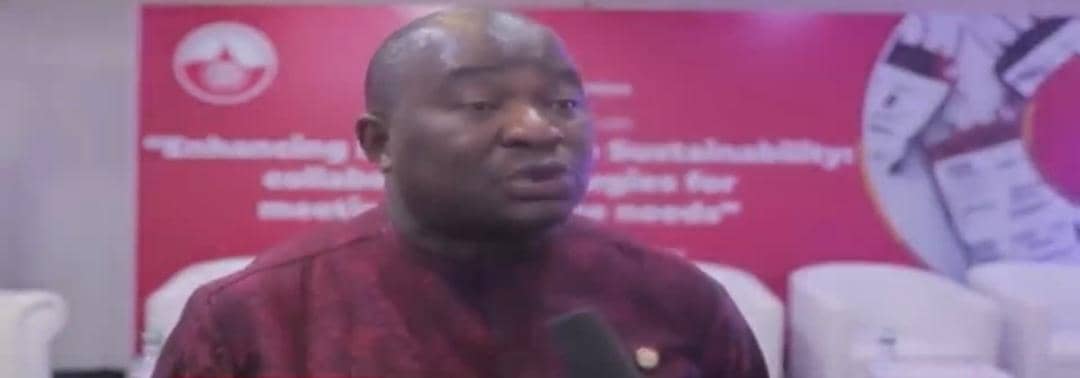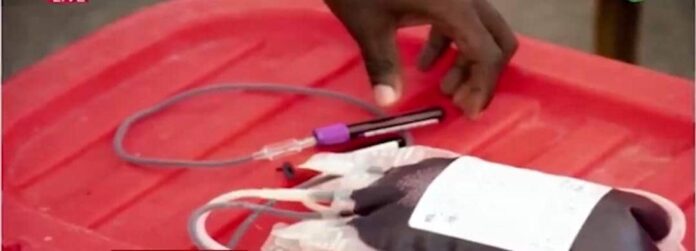Processing fees charged patients before giving them blood at hospitals has been one of the barriers to sustainable blood service delivery in the country.
With calls for an end to the charging of the fee, the National Blood Services says it is currently in talks with the National Health Insurance Authority (NHIA) as calls intensify for the scrapping of the charges at hospitals.
Pregnant women, sickle cell patients, kidney disease patients, children, and the elderly are the high-risk groups of people who would need blood at almost every given time, depending on the crisis at hospitals.
Yet relatives and patients continuously face challenges in affording to pay the processing fees required before a unit of blood is given at the health facilities. These charges, which vary from GHC250 upwards per unit of blood, are not covered by the National Health Insurance Scheme.
Most worrying is that these prices are not standardized across the facilities, worsening the burden on patients. For medical practitioners like Dr. Annabel Bawah, who is an obstetrician and gynecologist at the Ridge Hospital, these charges must be scrapped totally.

‘‘Relatives run up to me desperate with tears in their eyes. Doctor, I can’t raise GHC500, I don’t have GHC1,000 and I stand there needing the blood too because I am looking at my patients’ clinical signs and I know that if this patient doesn’t receive blood in a few minutes, things may go downhill. It is a no no. Imagine when there is an accident, how then do you call on relatives to come and pay blood processing fee?”
She further explained that: “processing fee should be worked out as part of the package. Let us scrap it especially in emergency situations. These are human lives.”
At the maiden strategic dialogue organized by the National Blood Service, CEO Dr. Shirley Phyllis Owusu-Ofori said discussions are ongoing with the appropriate authorities on the concerns.

“The Minister has taken it up and so we are looking at how the legislature will take it up from here. The issues with processing fee discussion didn’t start today. We are already in talks with the NHIS and we will need all partners onboard” she said.
Deputy Health Minister, Alexander Akwasi Acquah, who is also a Member of Parliament for Akyem Oda, assured that he would take the matter up with the Ministry.

“We need to relook at it. We need to get back to the round table and see what it takes to process. Is it something that government can take up? Is it something we can work on, so we don’t burden the people too much? And so, if we a government that prides itself as giving affordability to healthcare like NHIS then these little, little things that appear burdensome to the people must be looked at,” he assured.
There are calls to increase the number of voluntary blood donors in the country, which is currently low.
The National Blood Service received over 50,000 blood collections, with the baseline blood collection index per 1000 rising from 5.8 percent to 5.9 percent in 2023.
By Sarah Apenkroh












